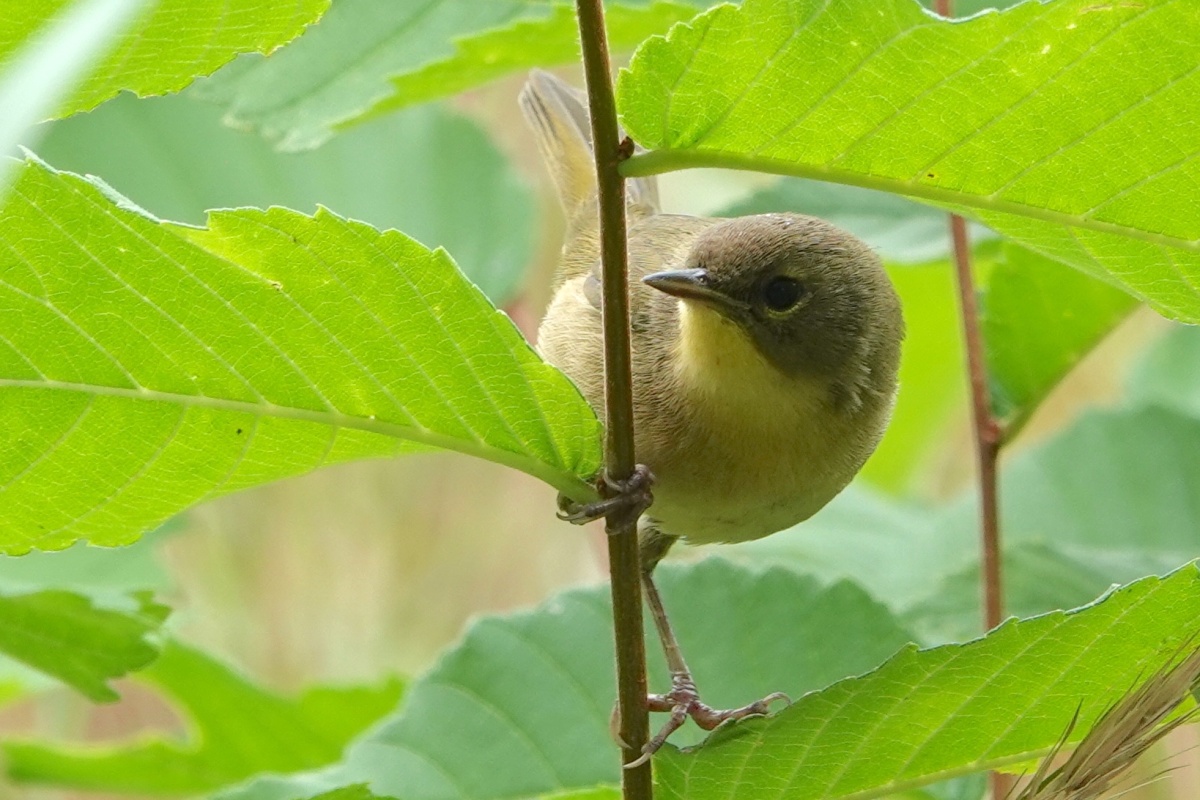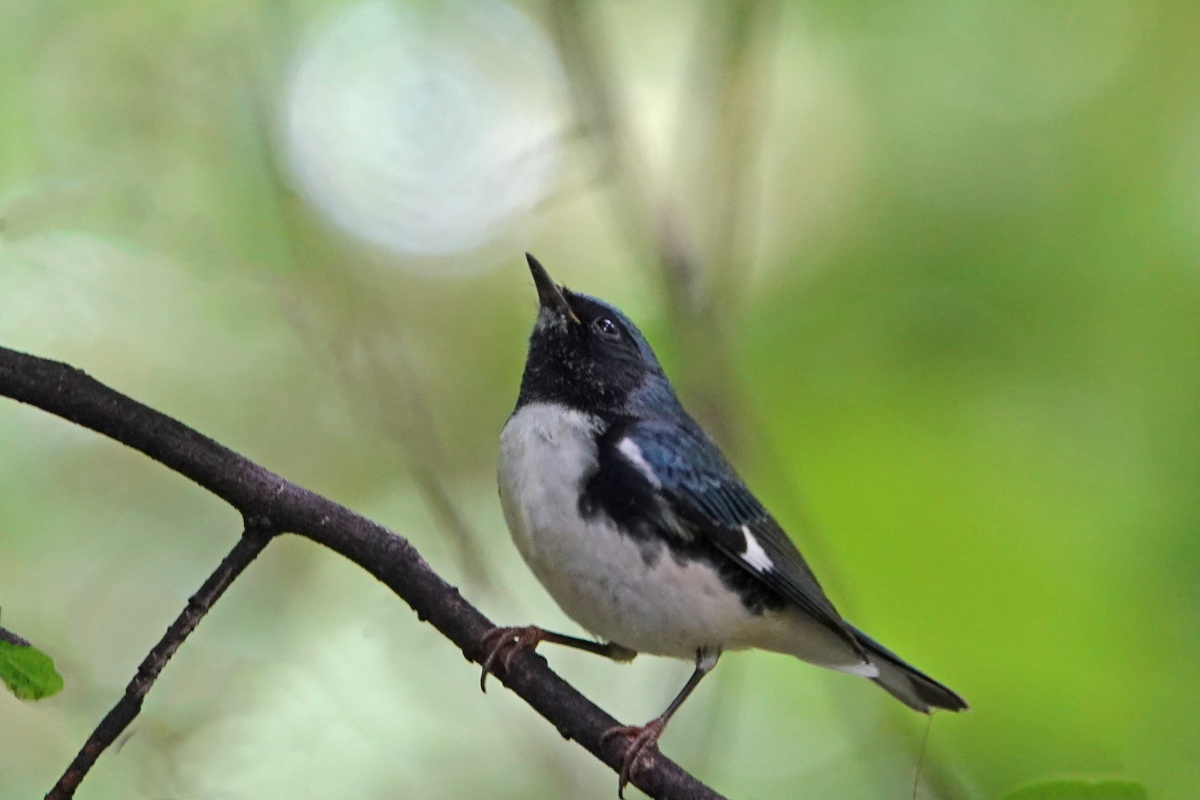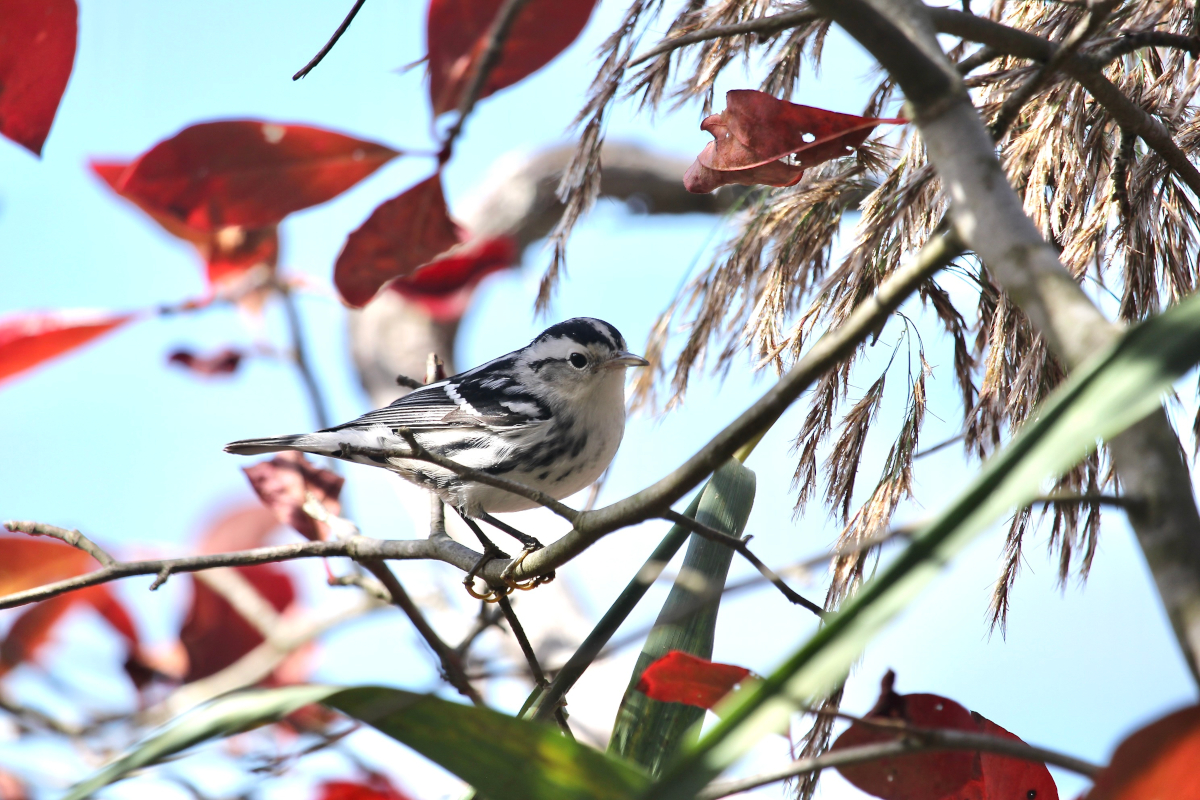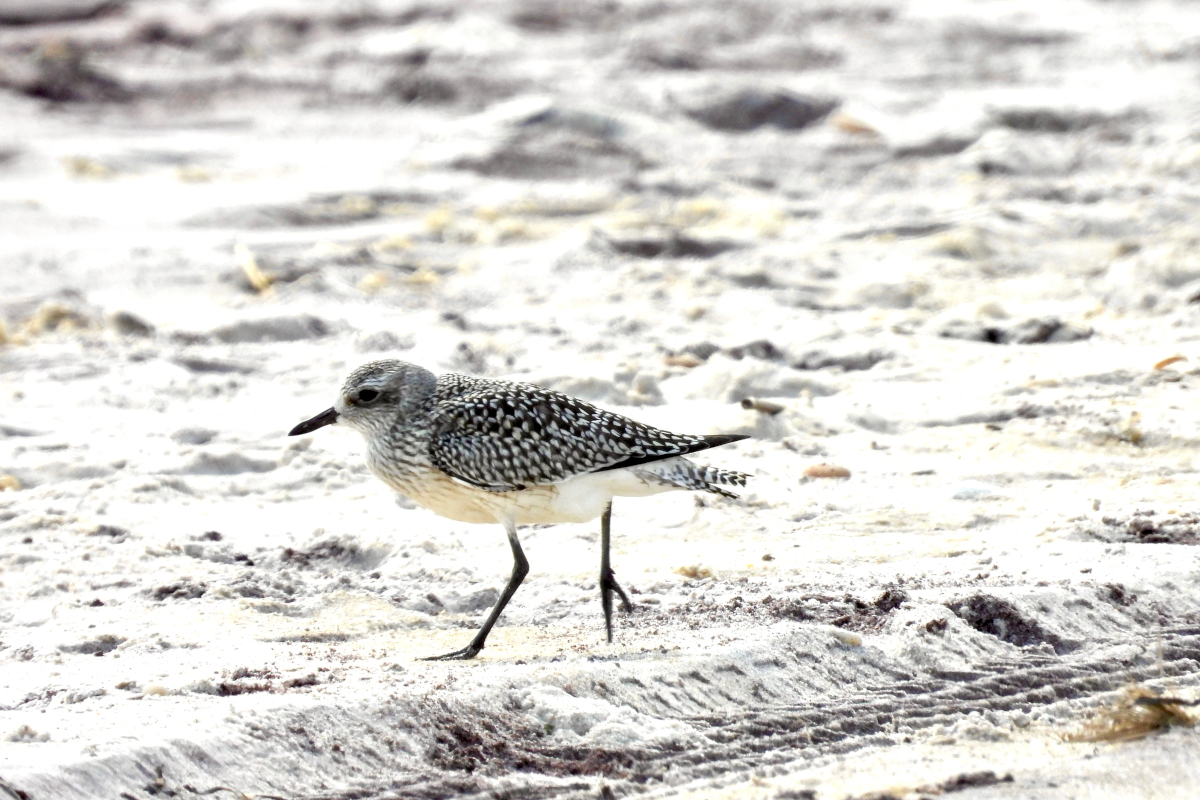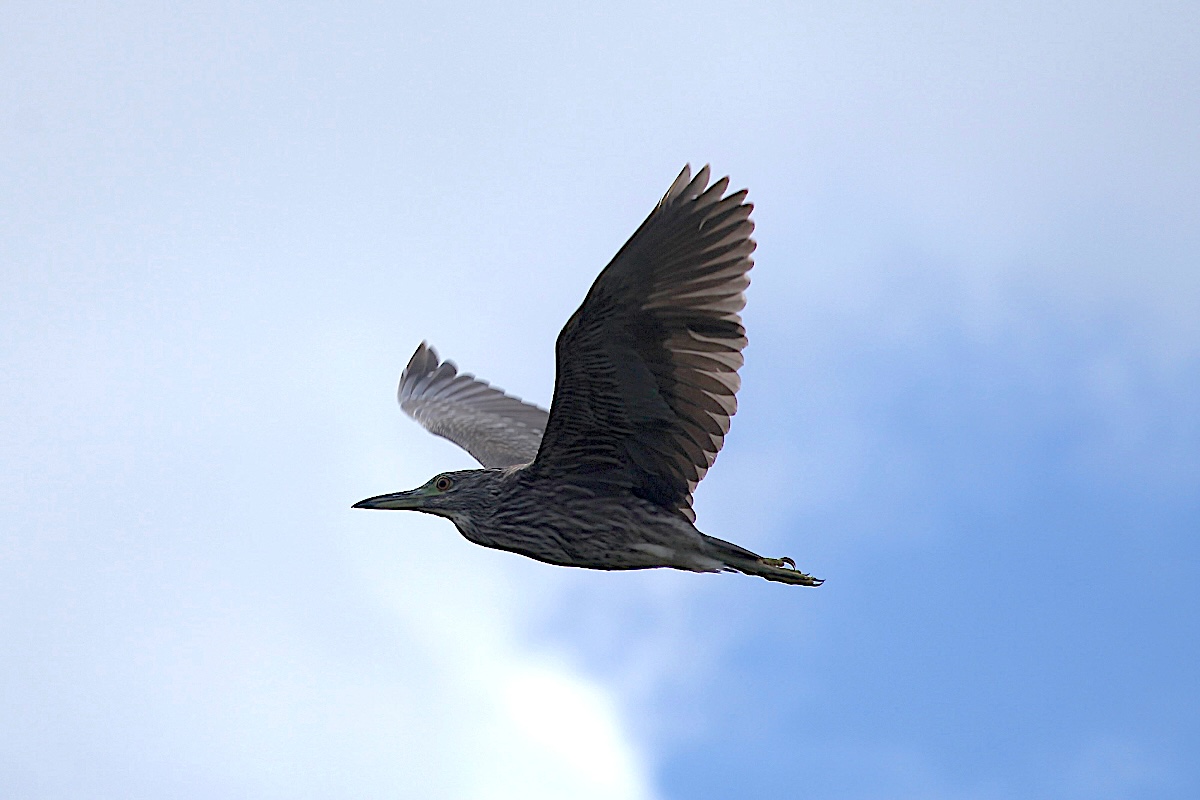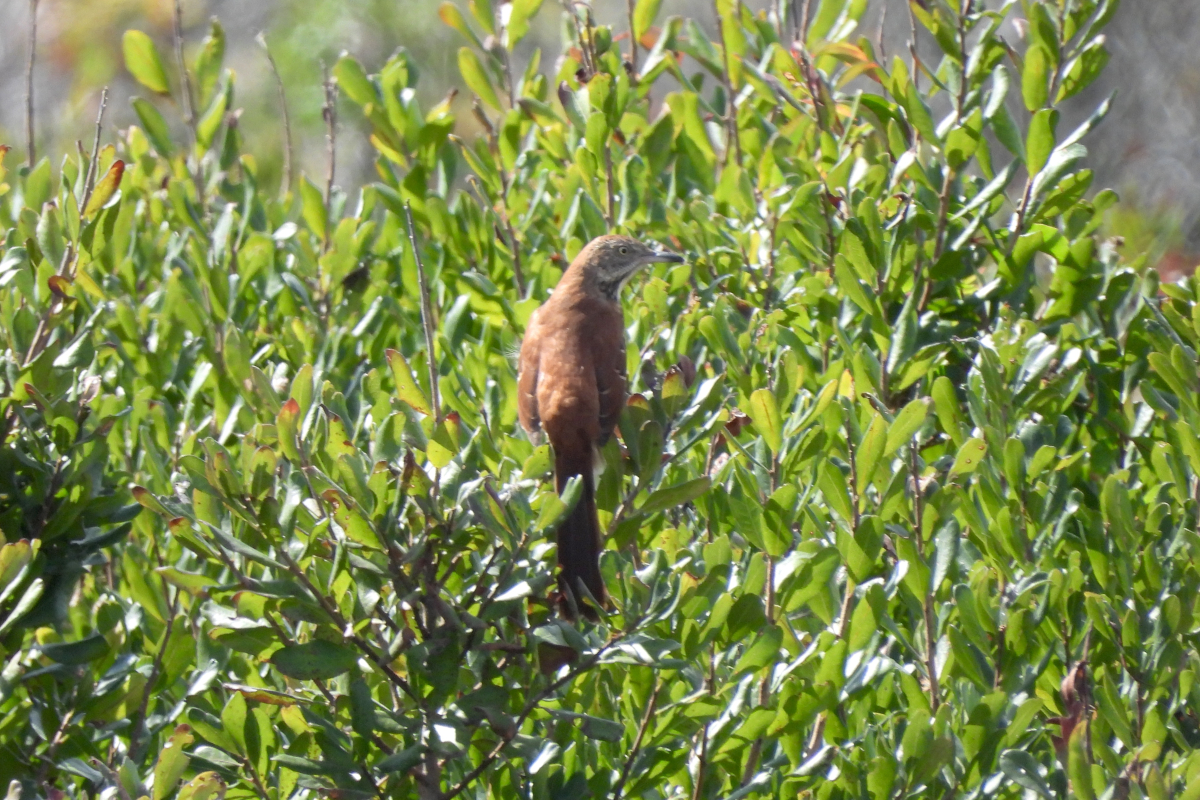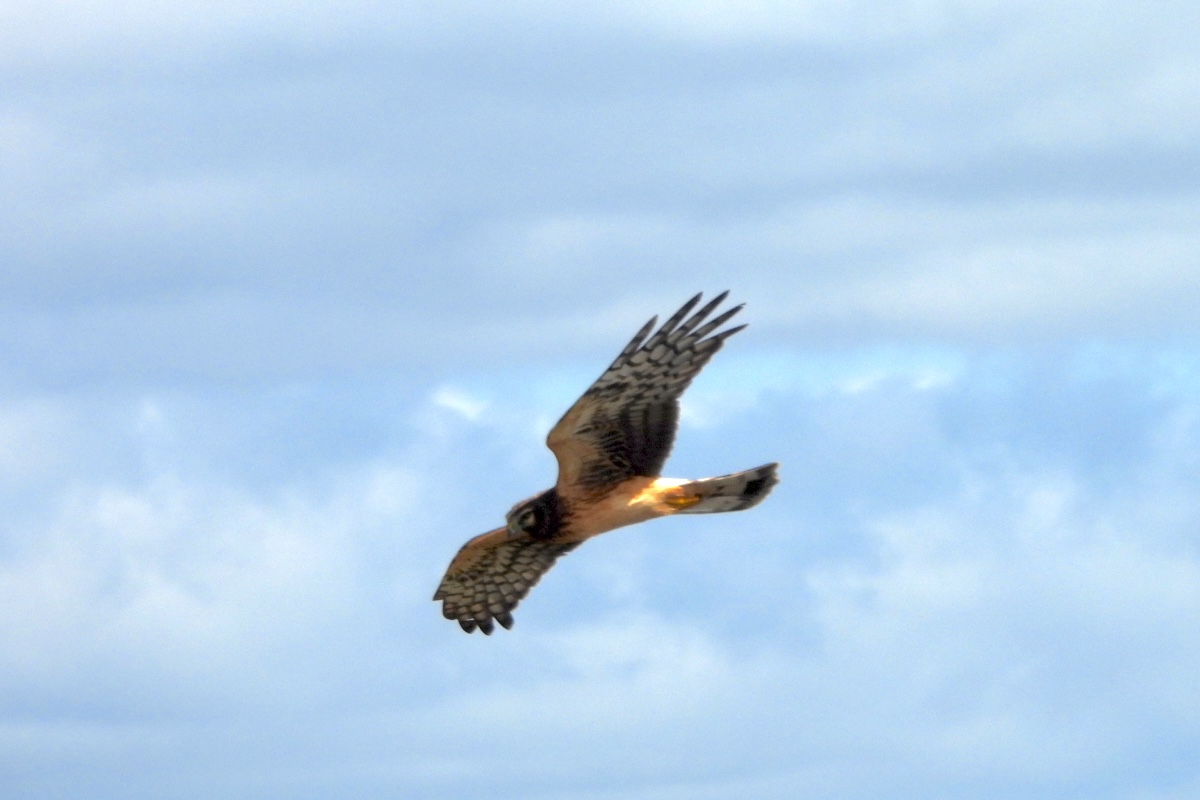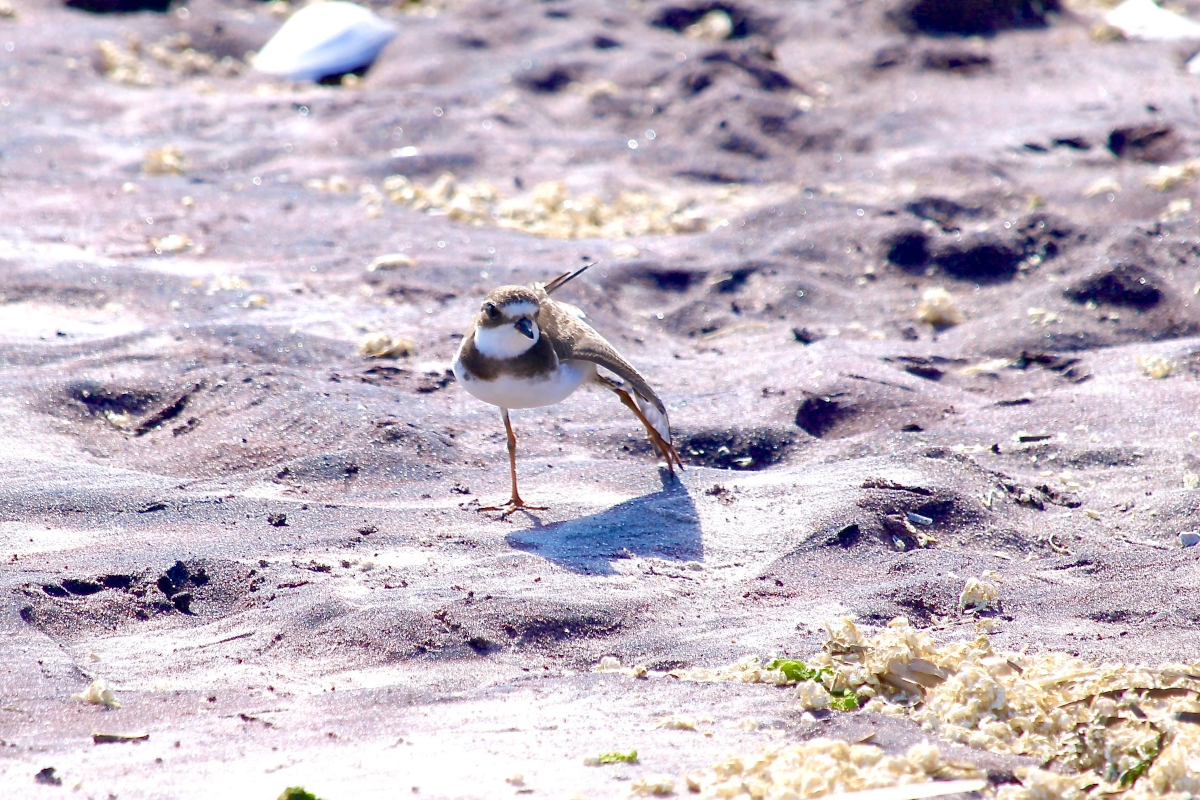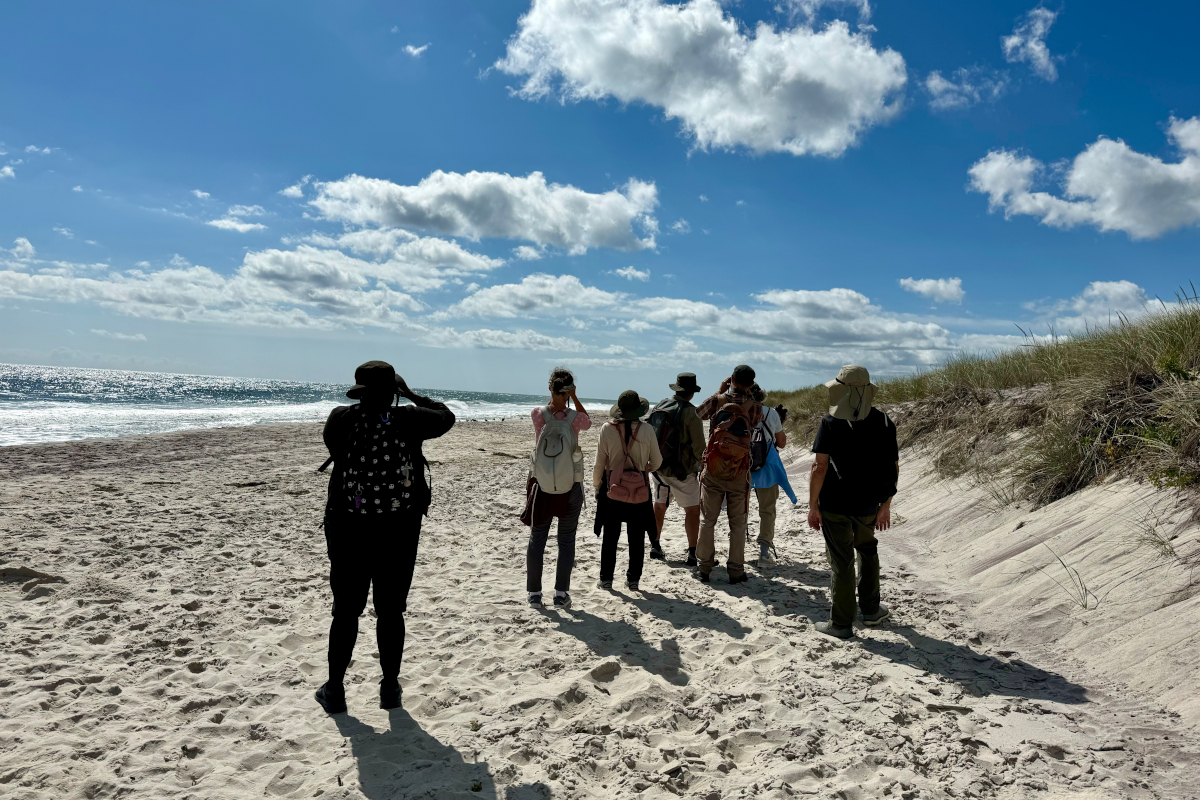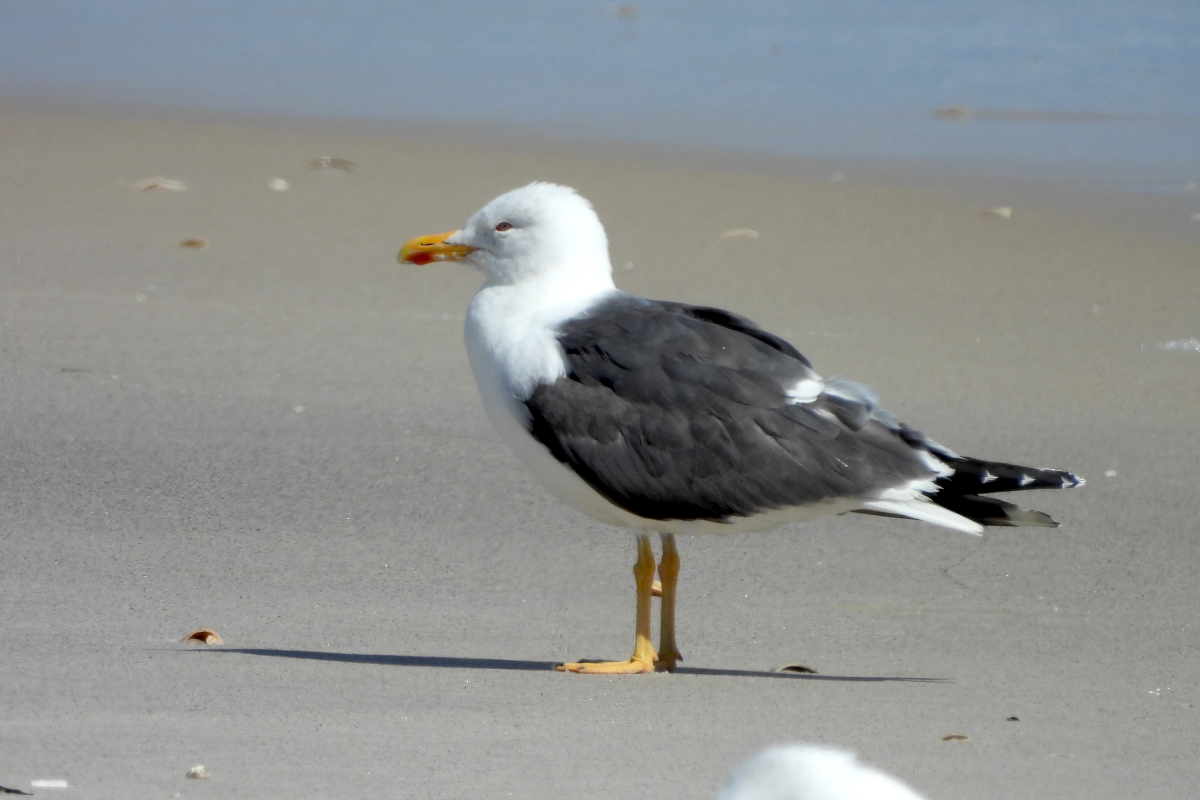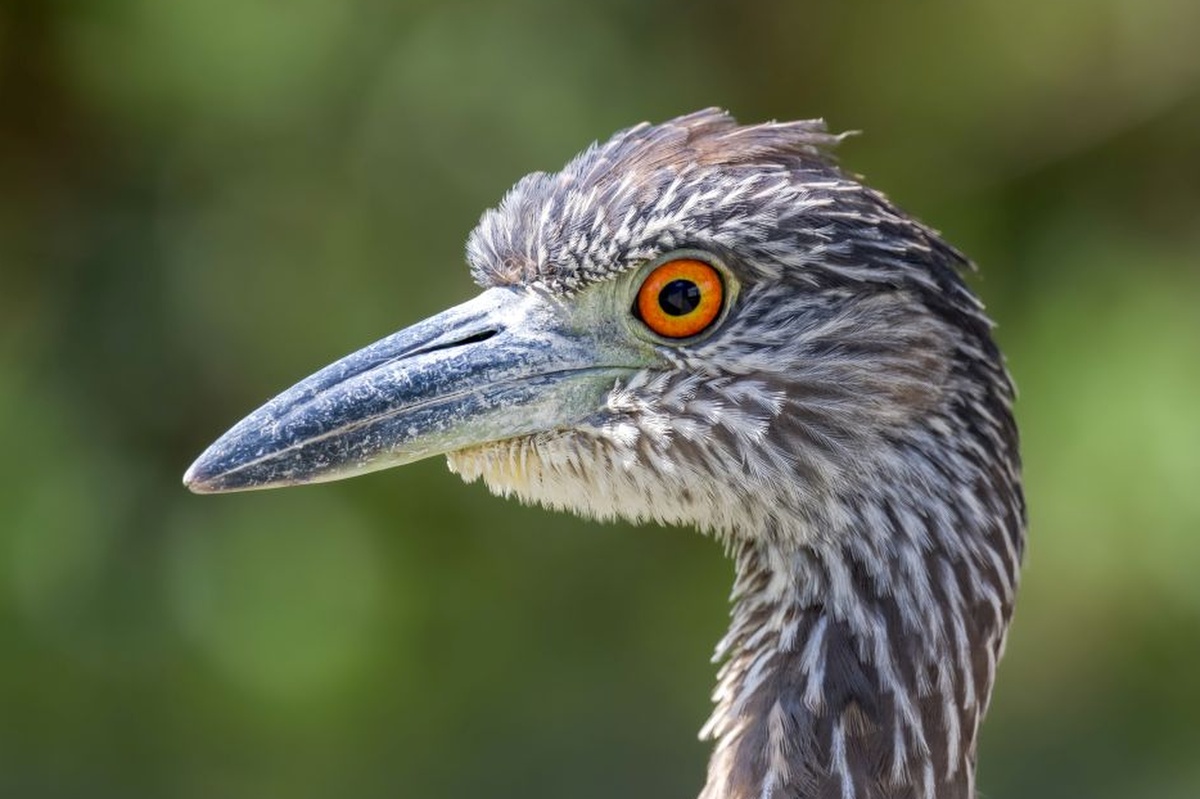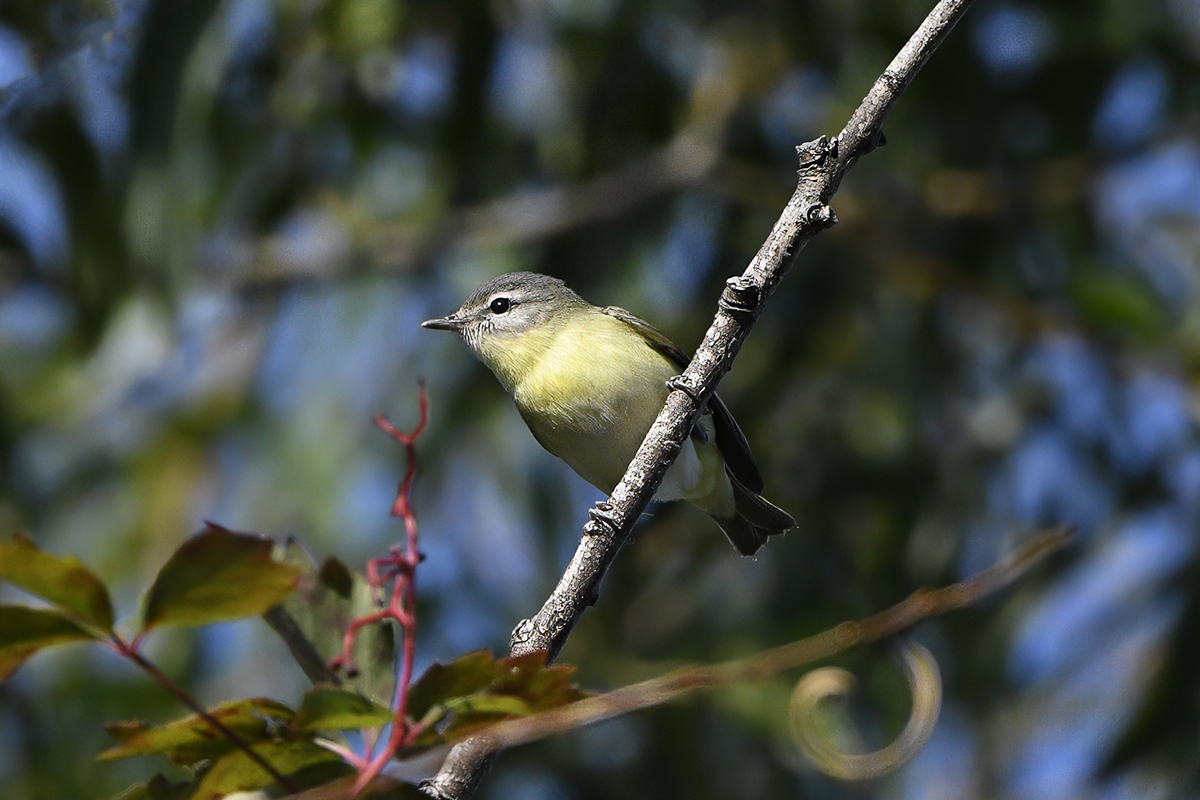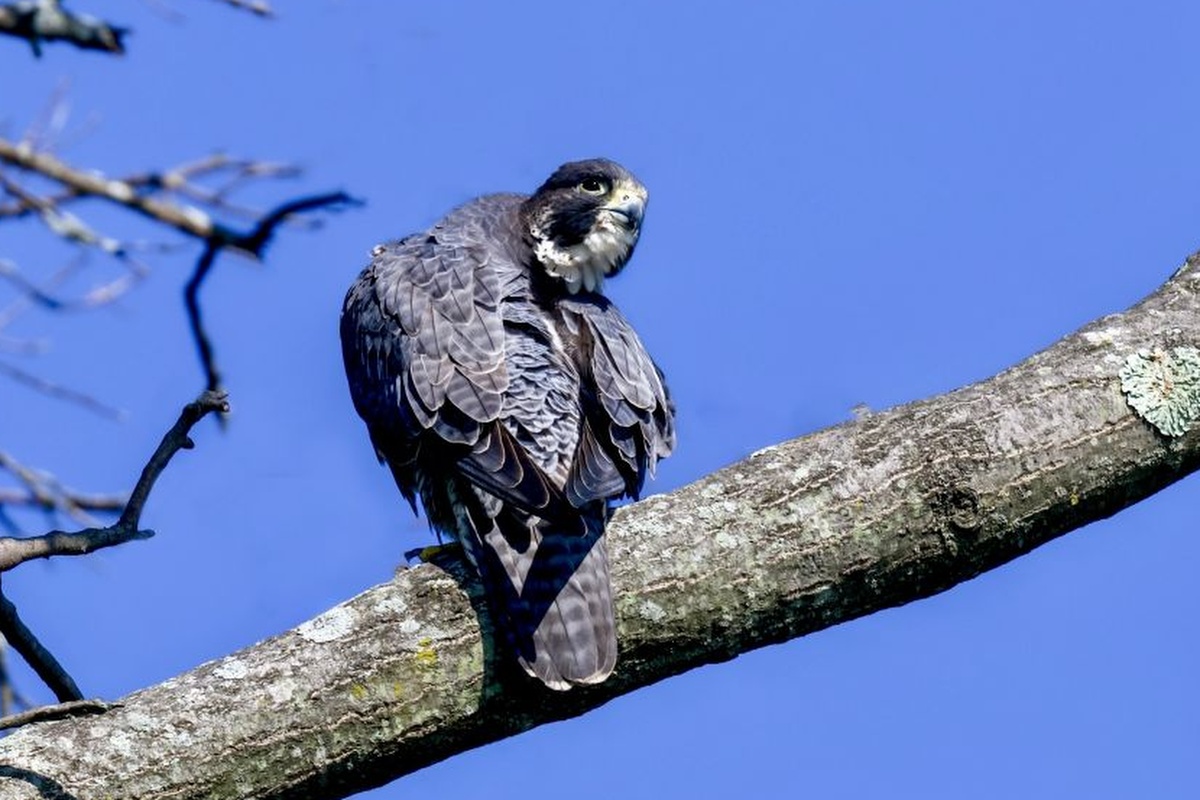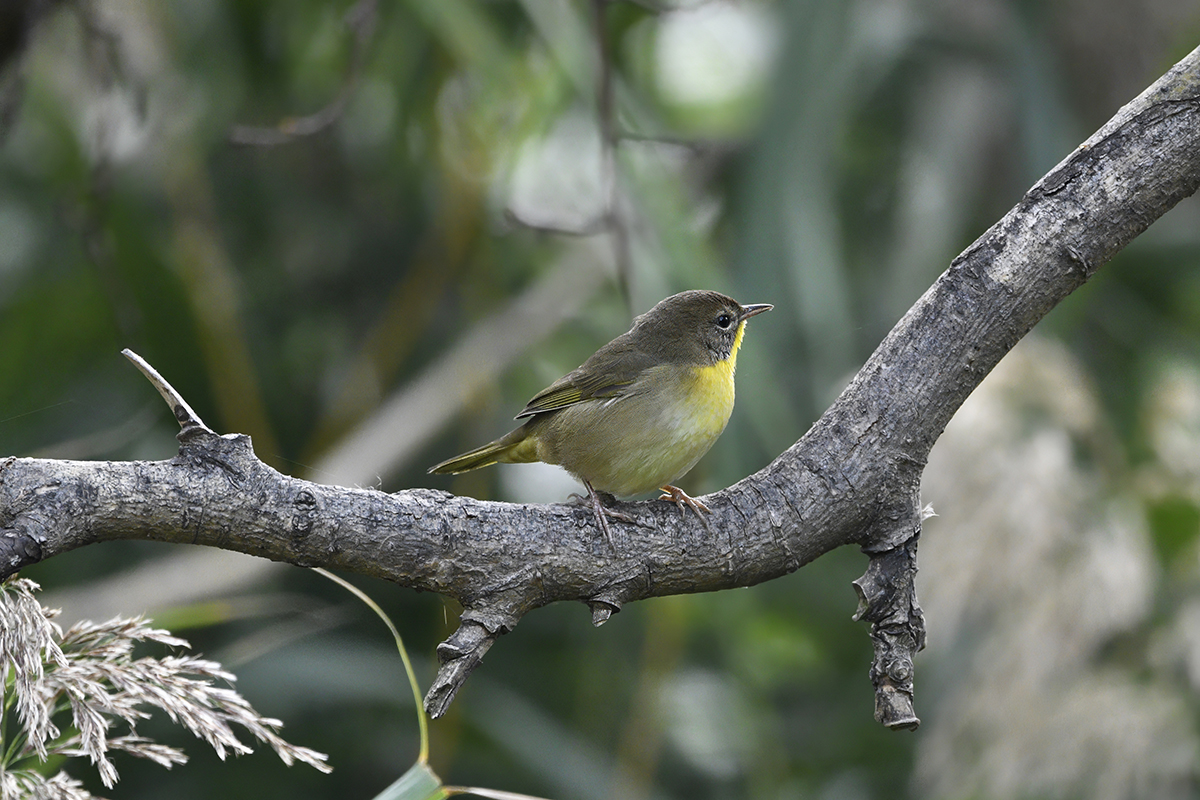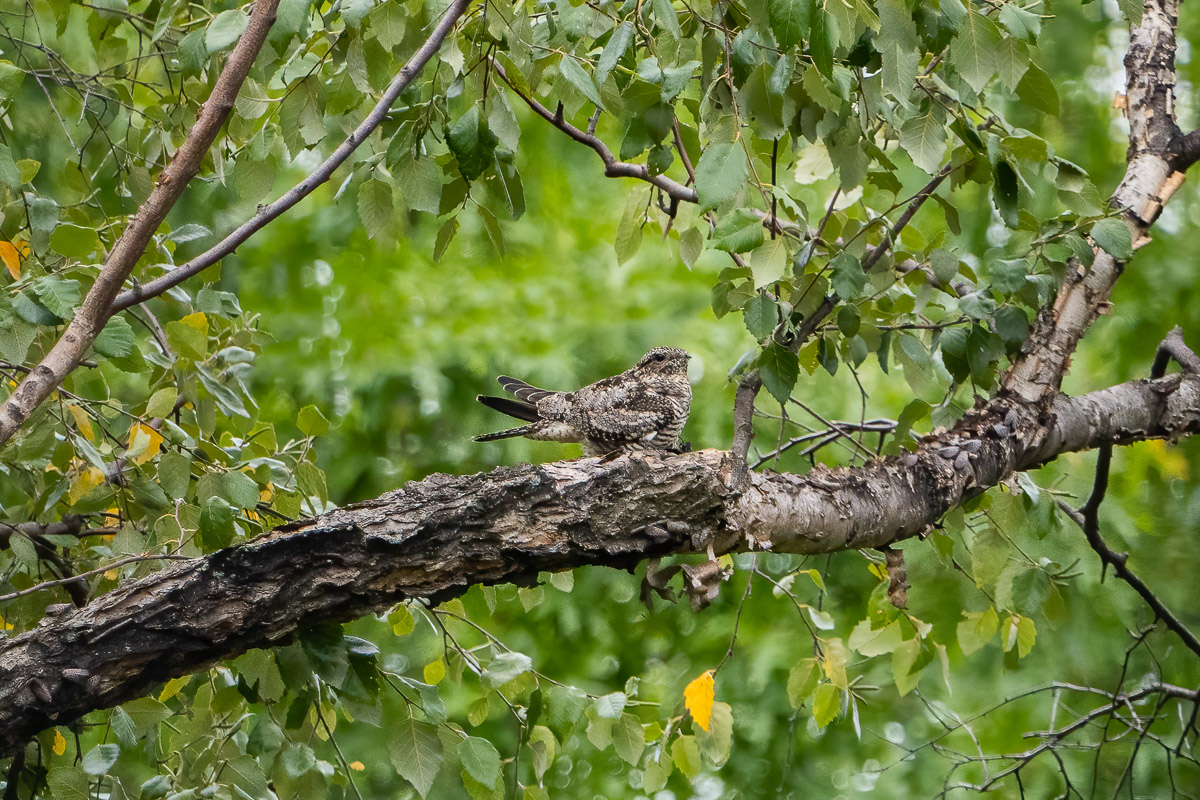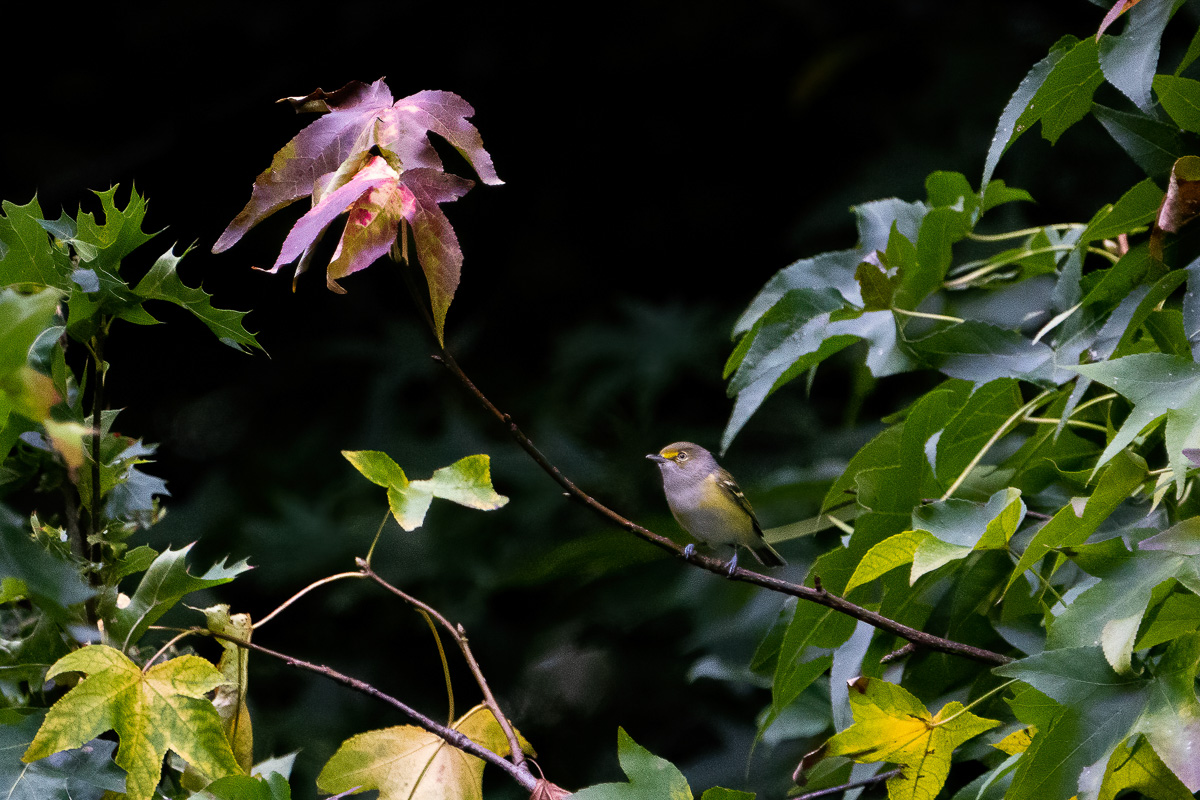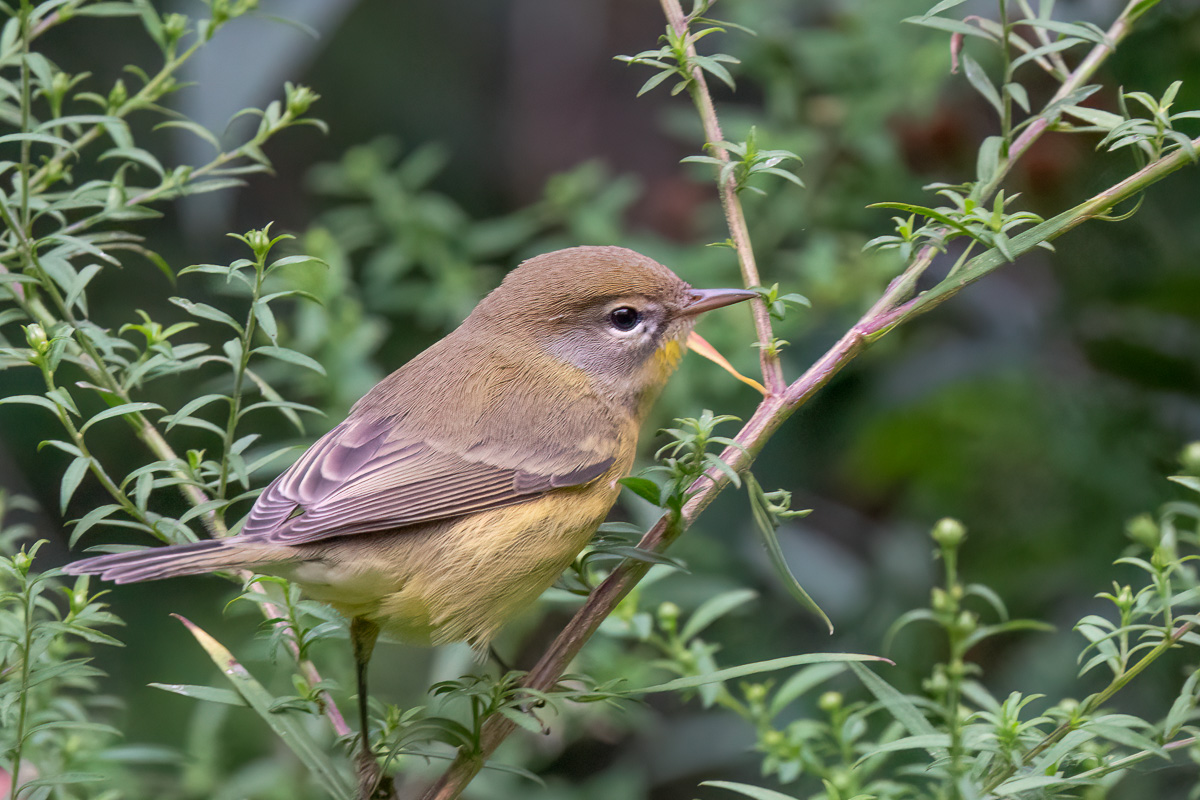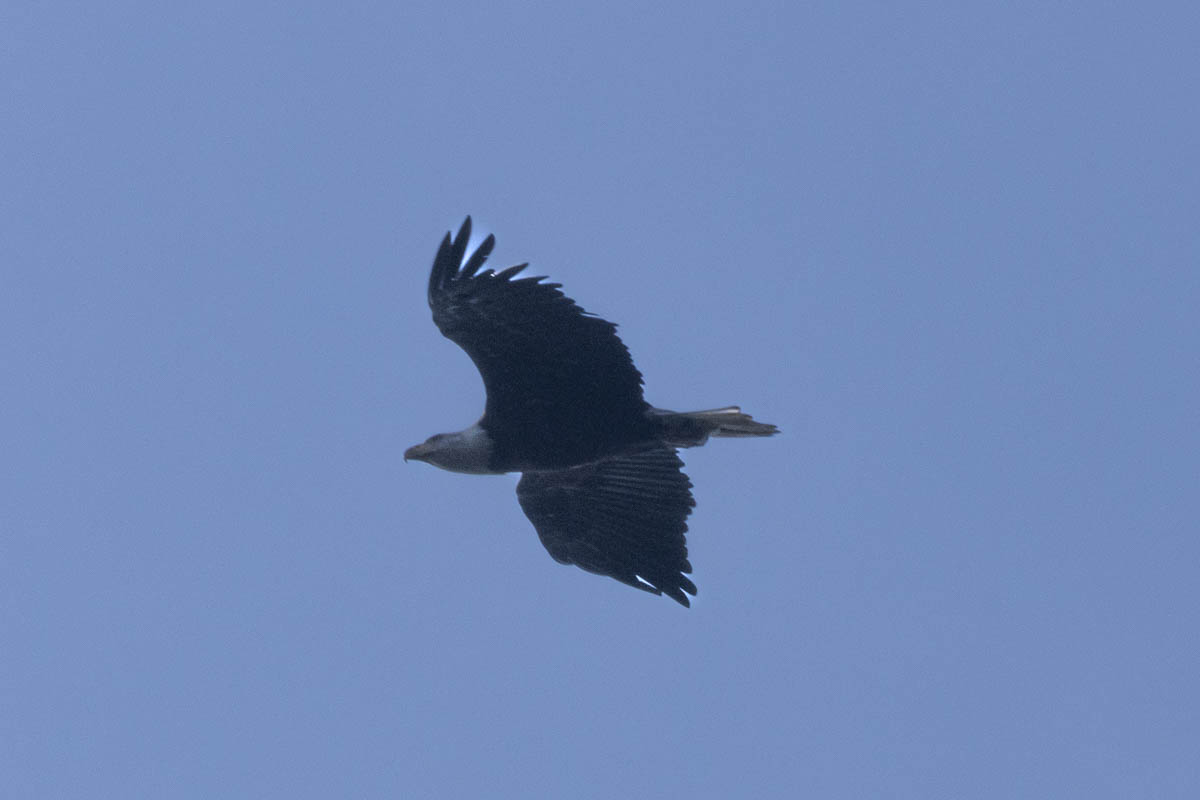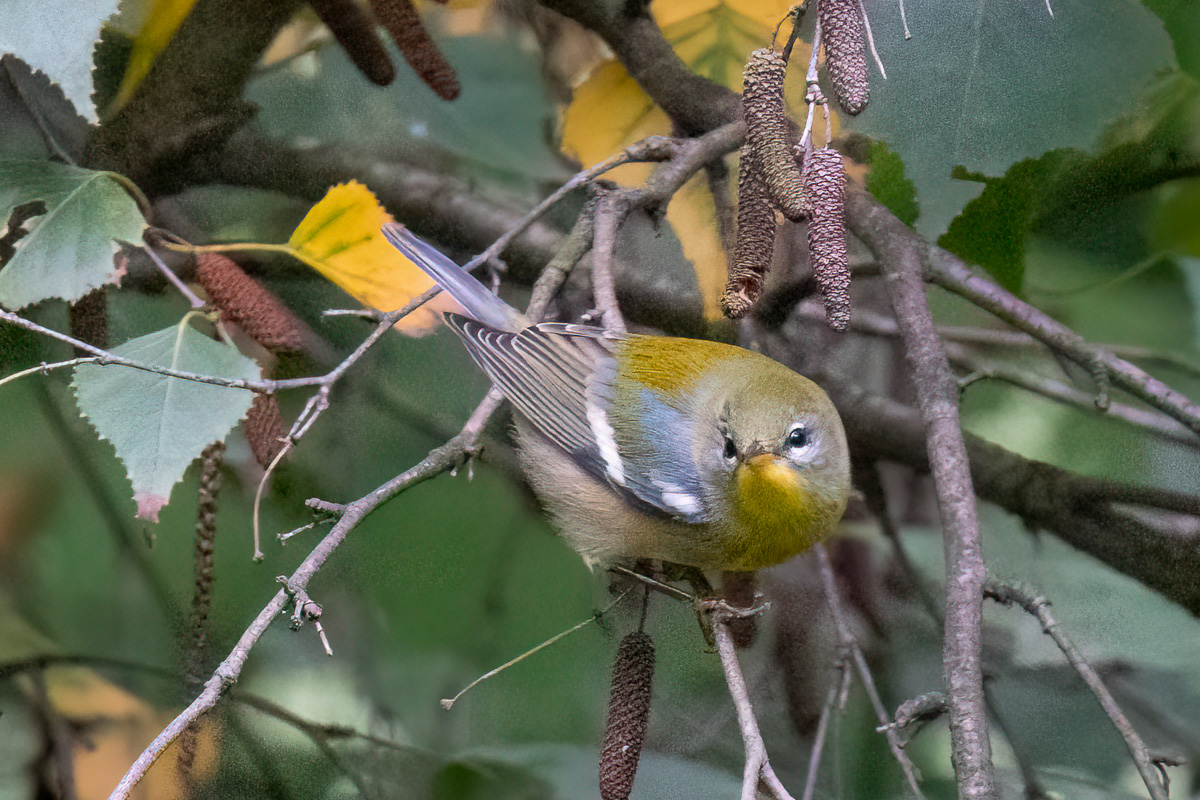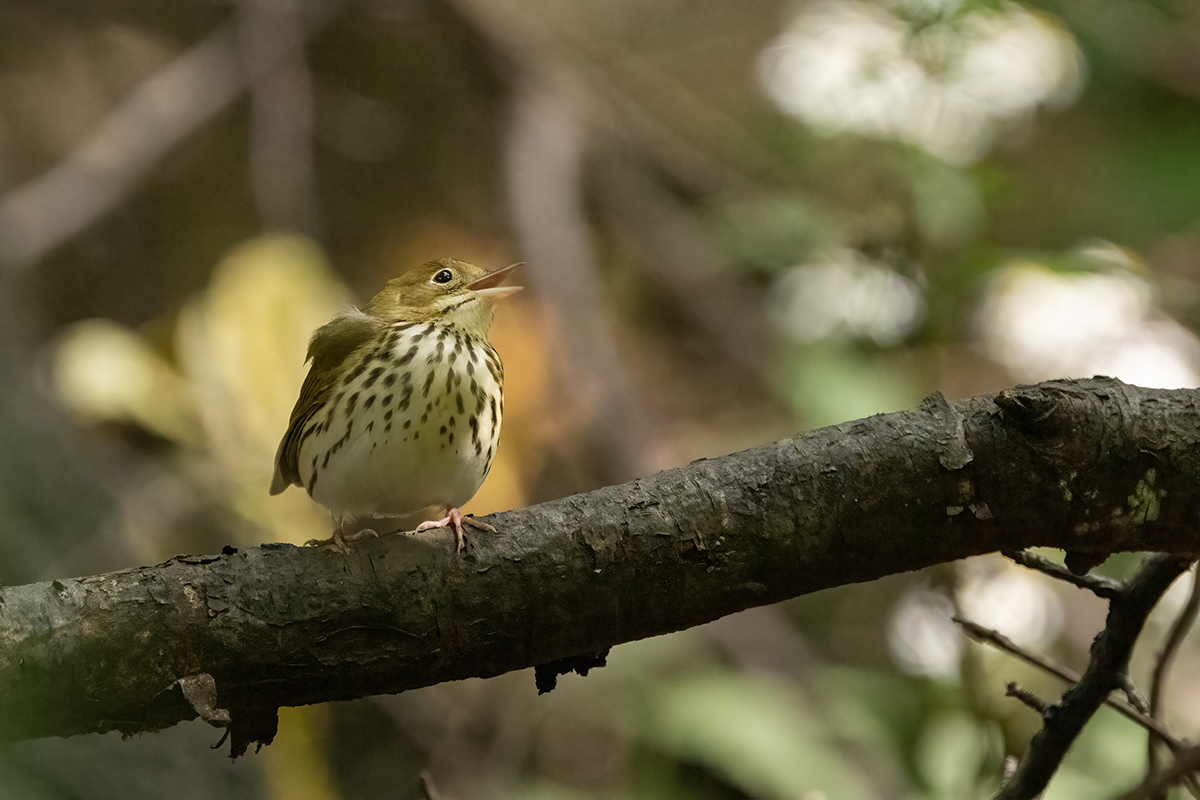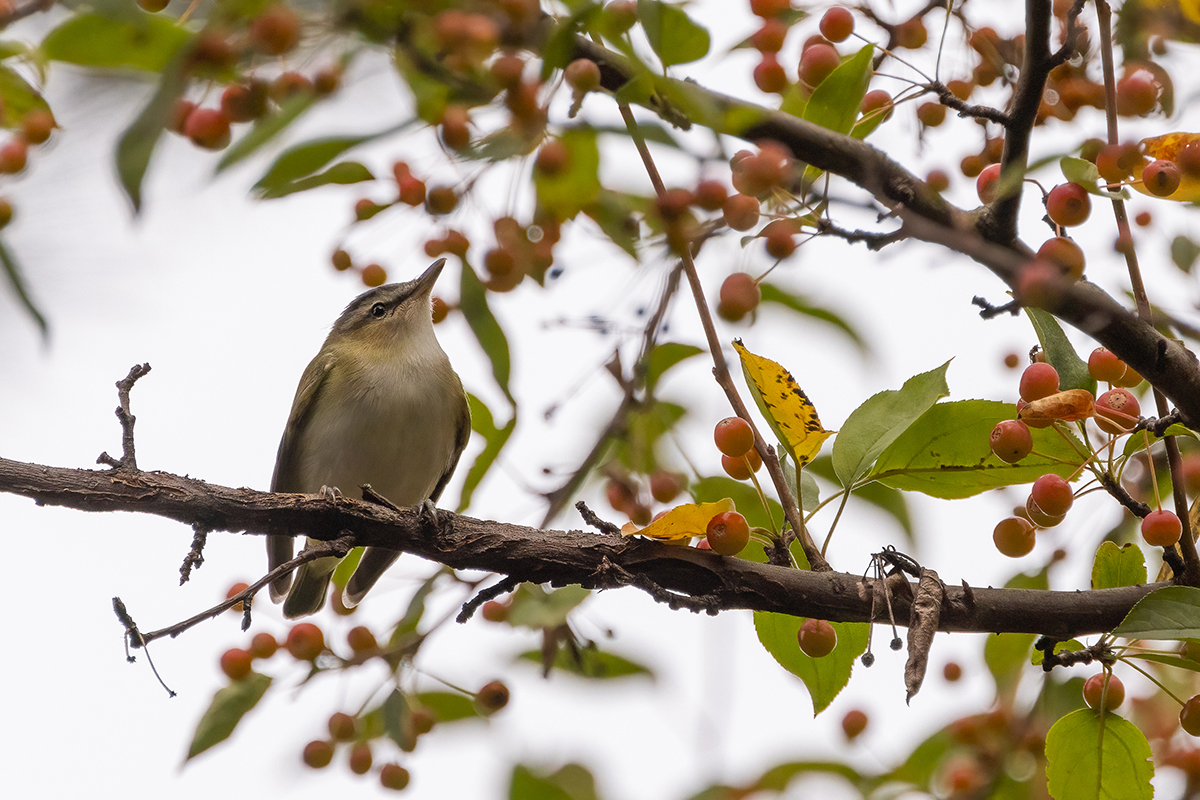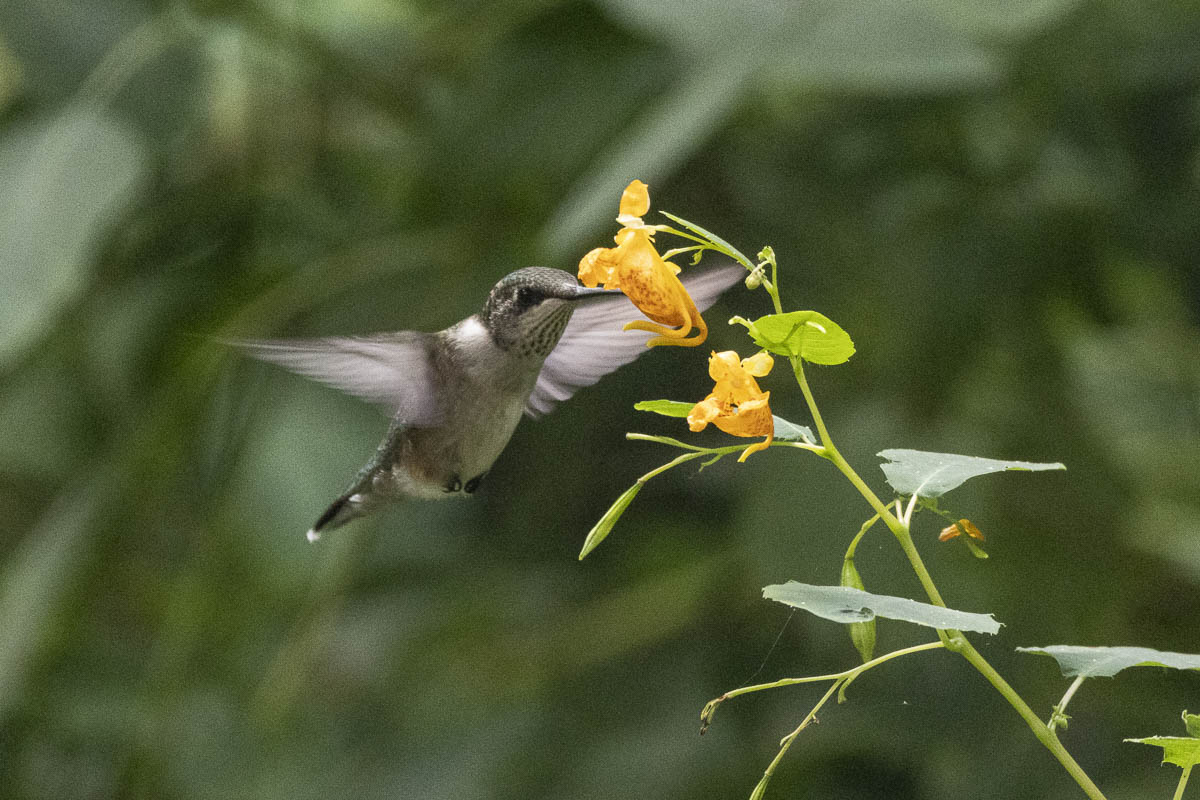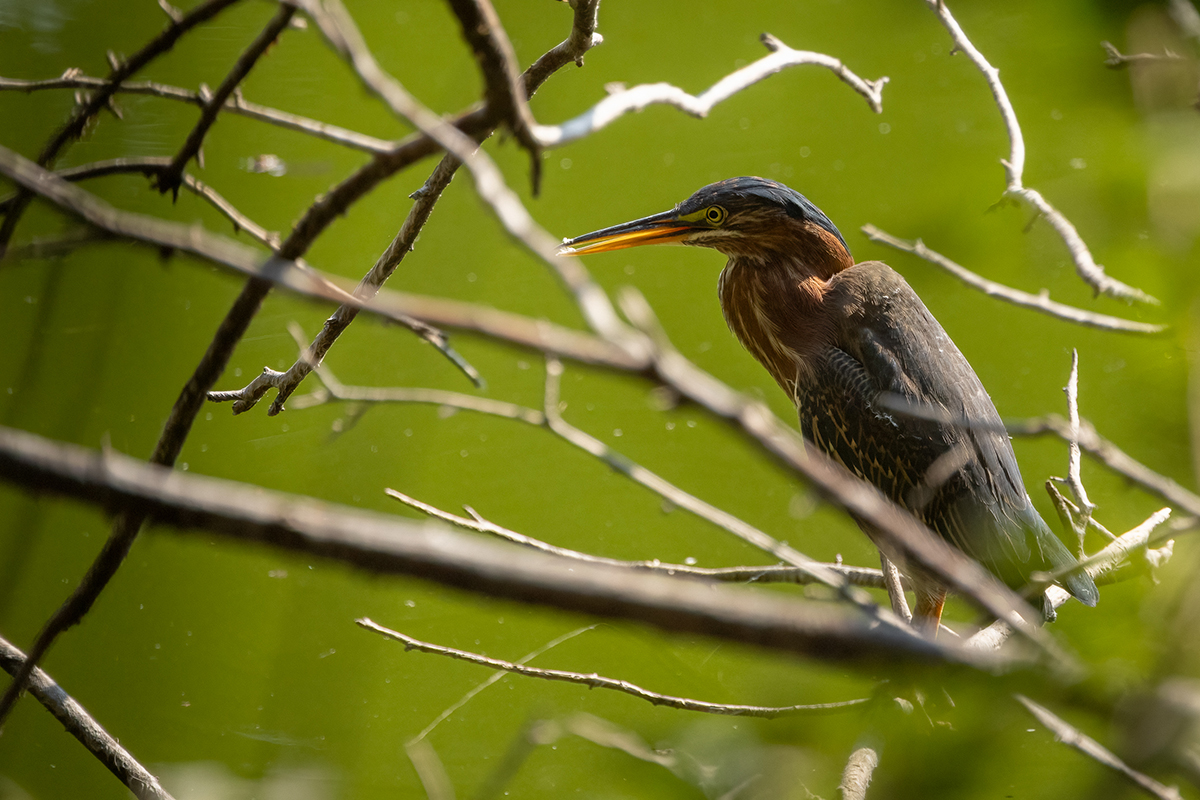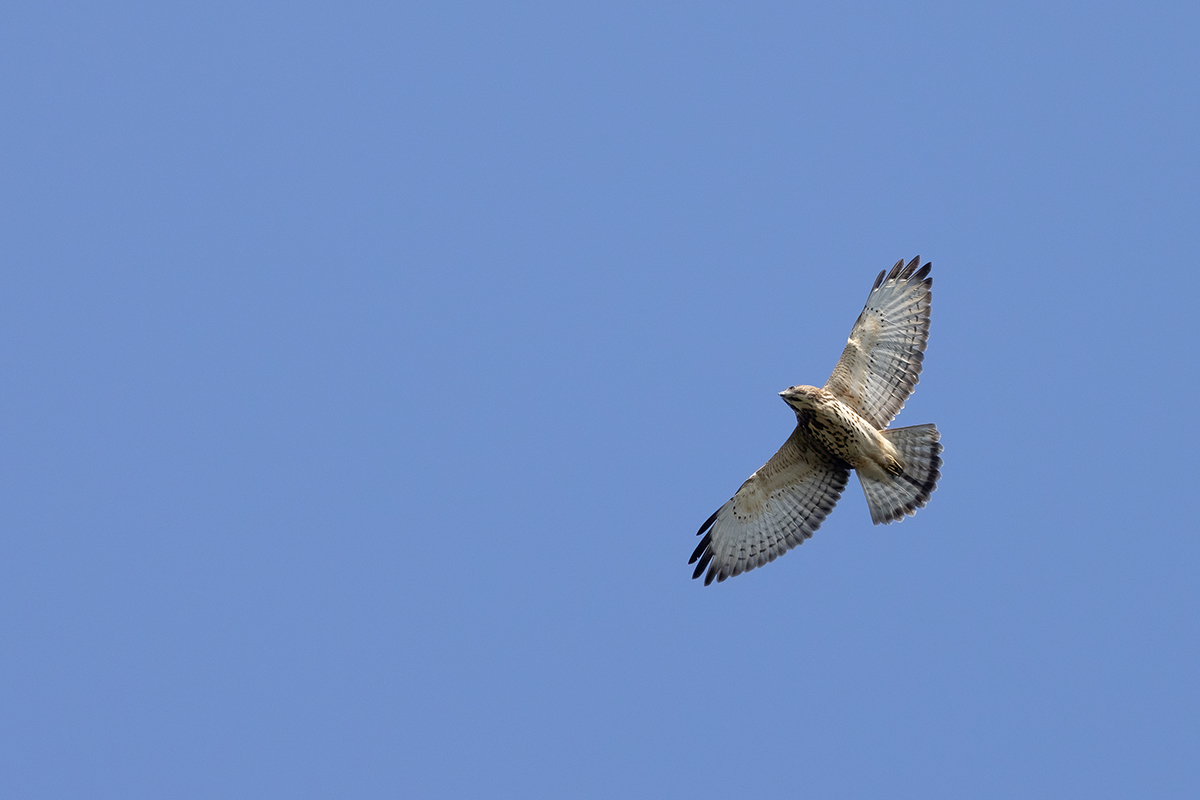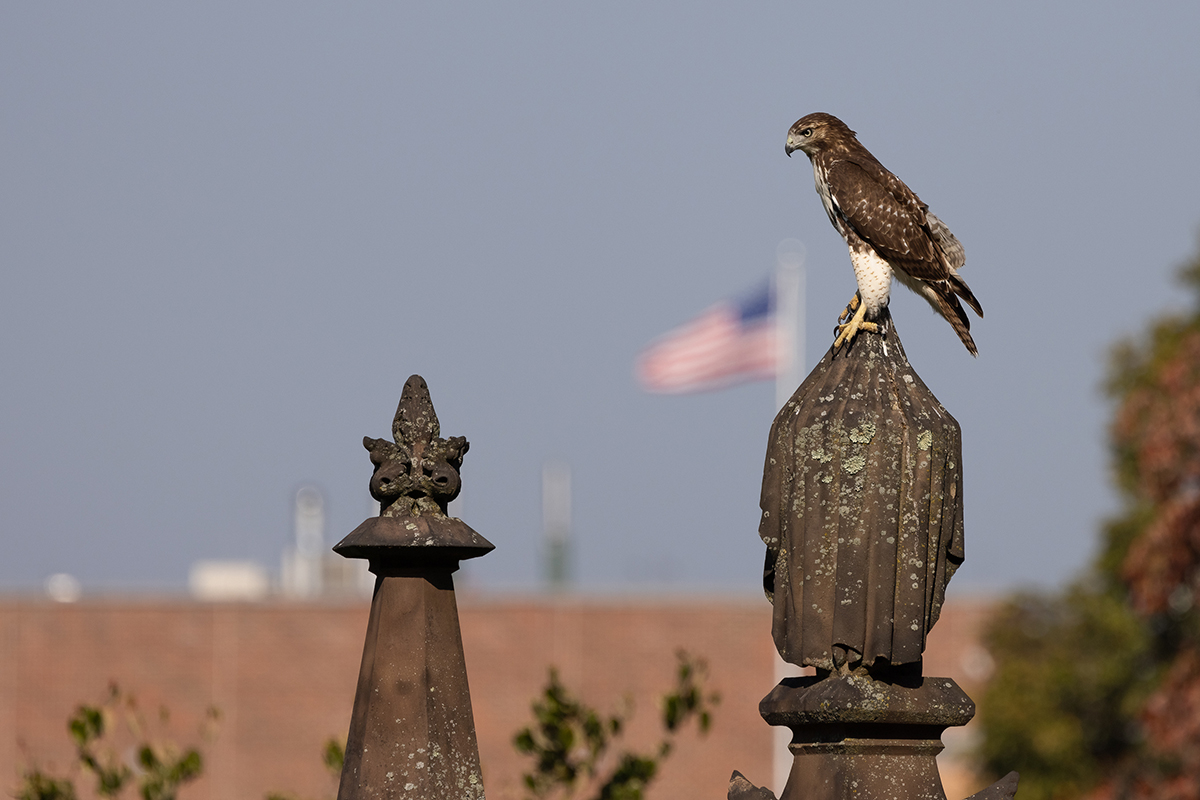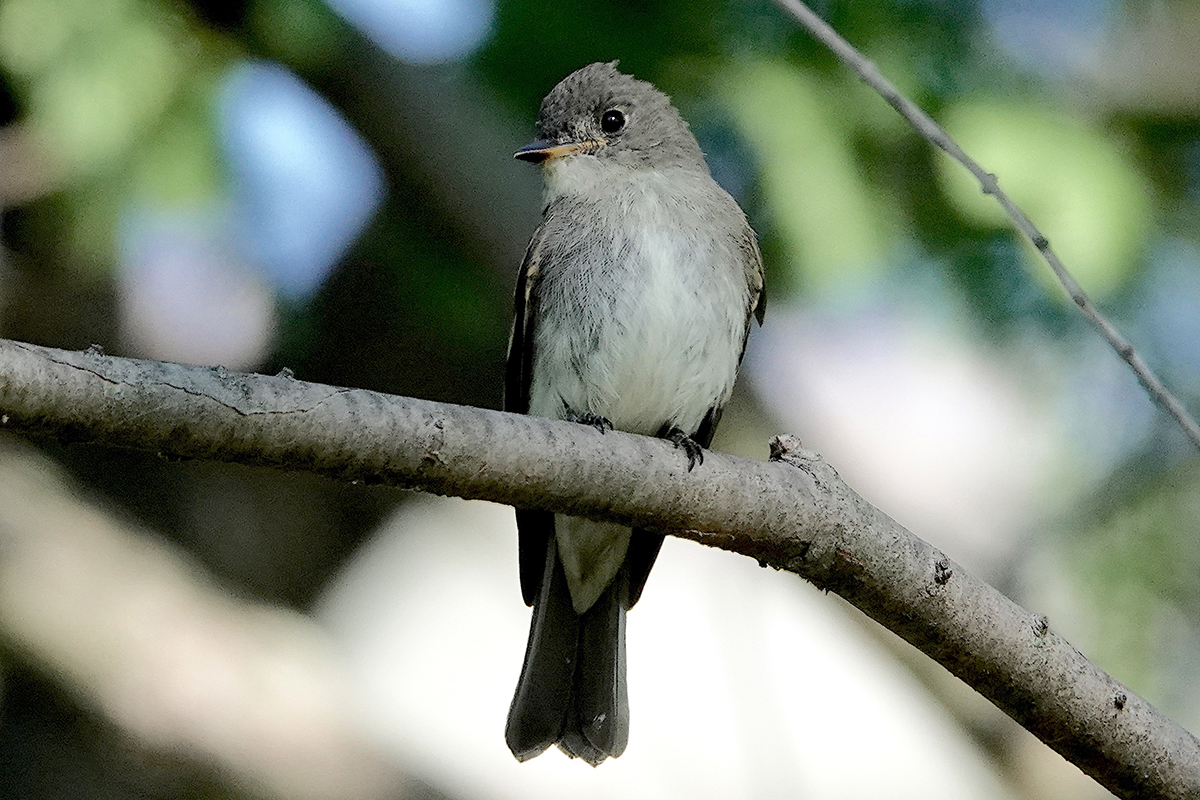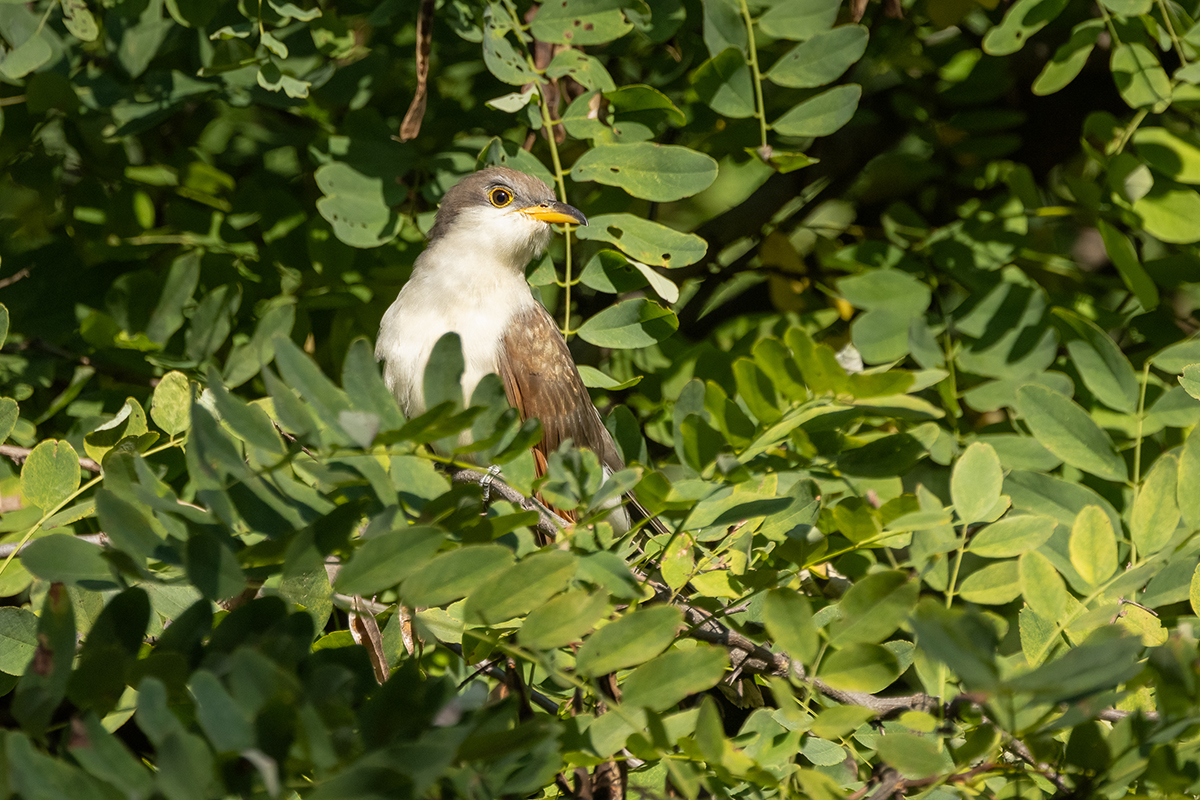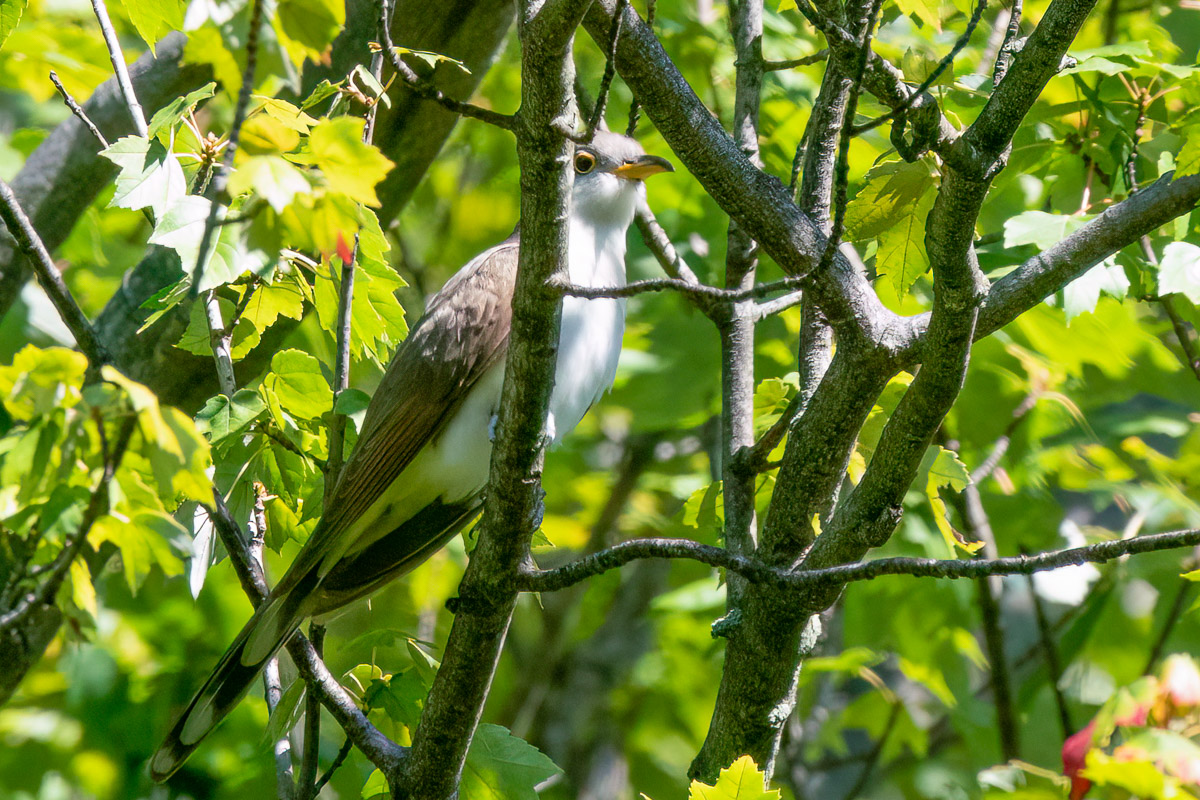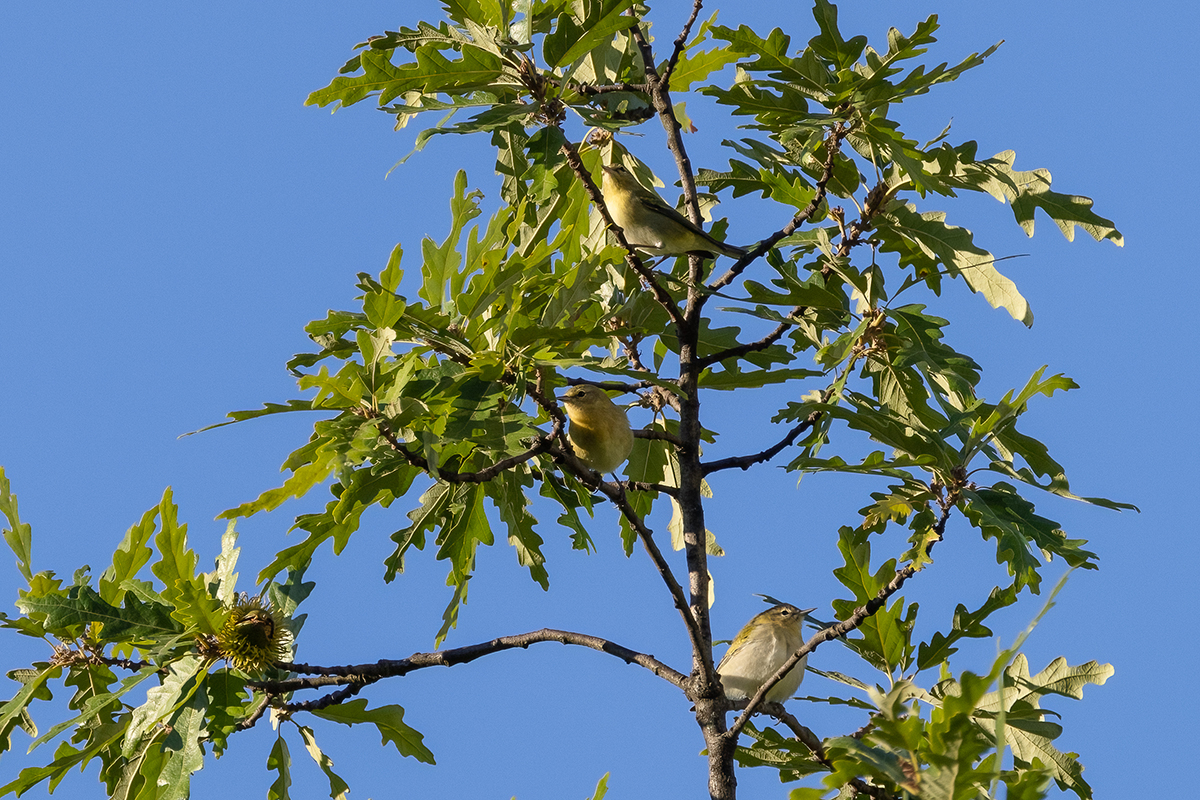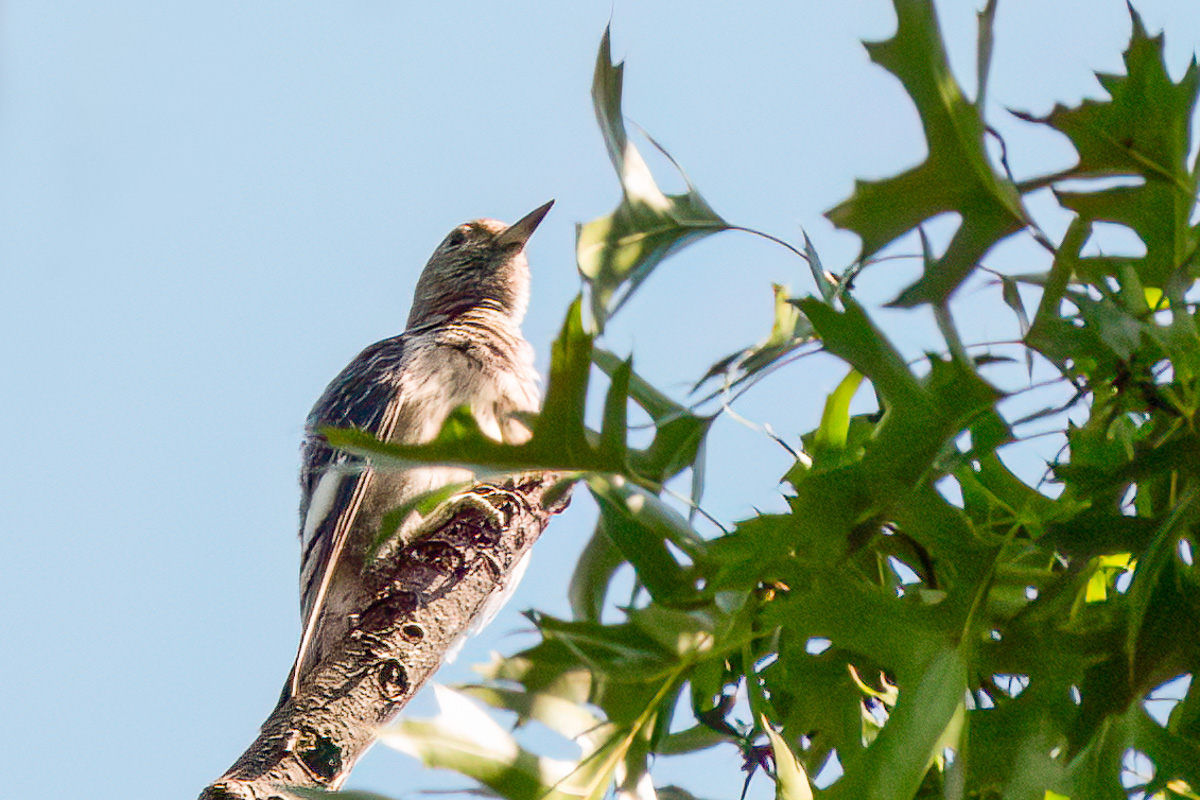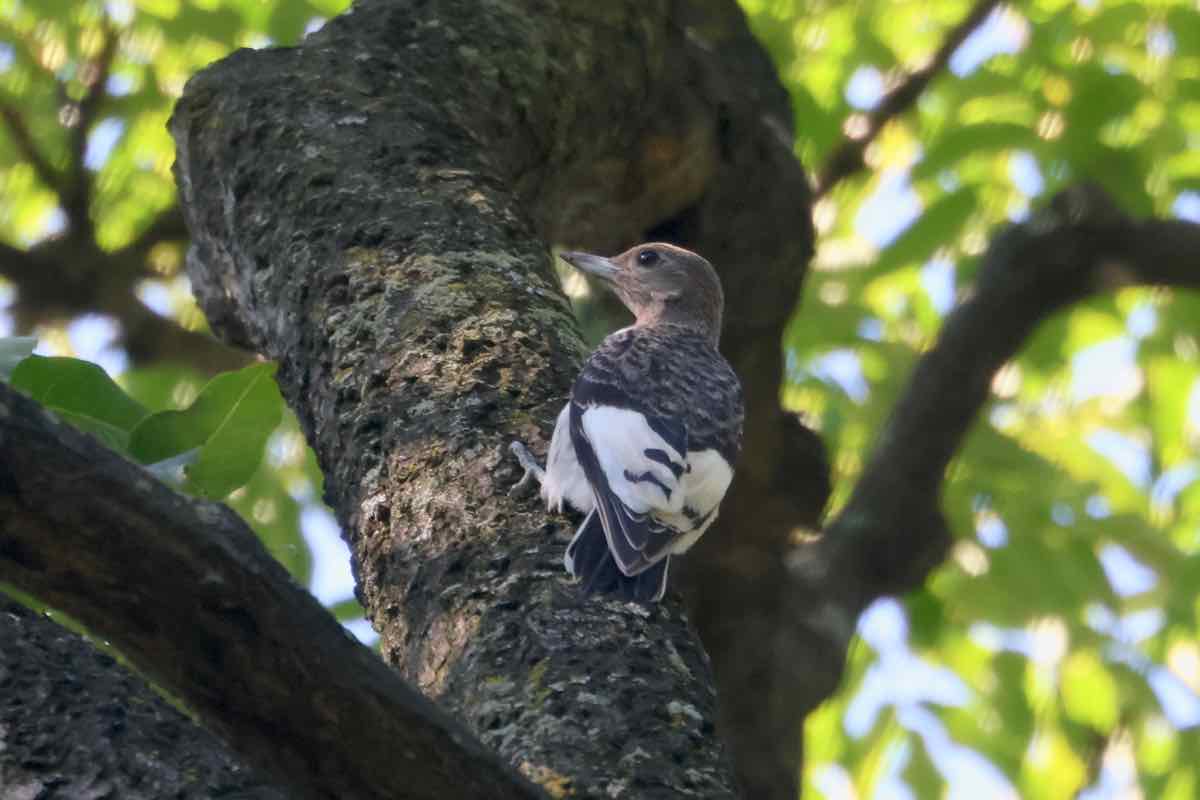Central Park Family Walk with Eric Ozawa, 9/22/2024
Registrar: Amanda Bielskas
Weather: Beautiful early fall day, 62–73 degrees F, winds 15 mph
Participants: 26
Bird species: 28
On this, our first LSNY family walk, we met near the restrooms on the Great Hill at 10:00 am. Eric gave a brief lesson on using binoculars and had us do a field test to test our new skills.
To start with, we observed a Ruby-crowned Kinglet flying over the Great Hill, as well as a couple of Red-Tailed Hawks. We then walked down to the Pool; the west side was quite birdy, with a couple of warbler species being spotted. We next walked towards the east side of the Pool, observing the birds along the way and tallying several more species, including multiple waterfowl and woodpeckers. Chuck McAlexander, who was leading another bird group, helped us spot a Yellow-billed Cuckoo.
We totaled 28 species for the morning and fun was had by all. We plan to continue offering a family walk in the spring and another in the fall.
Species List
Canada Goose
Wood Duck
Rock Pigeon (Feral Pigeon)
Mourning Dove
Yellow-billed Cuckoo
Cooper’s Hawk
Red-tailed Hawk
Downy Woodpecker
Northern Flicker
American Kestrel
Eastern Phoebe
Red-eyed Vireo
Blue Jay
Ruby-crowned Kinglet
European Starling
Gray Catbird
American Robin
House Sparrow
White-throated Sparrow
Common Grackle
Northern Waterthrush
Black-and-white Warbler
American Redstart
Northern Parula
Black-throated Blue Warbler
Black-throated Green Warbler
Northern Cardinal
Rose-breasted Grosbeak


